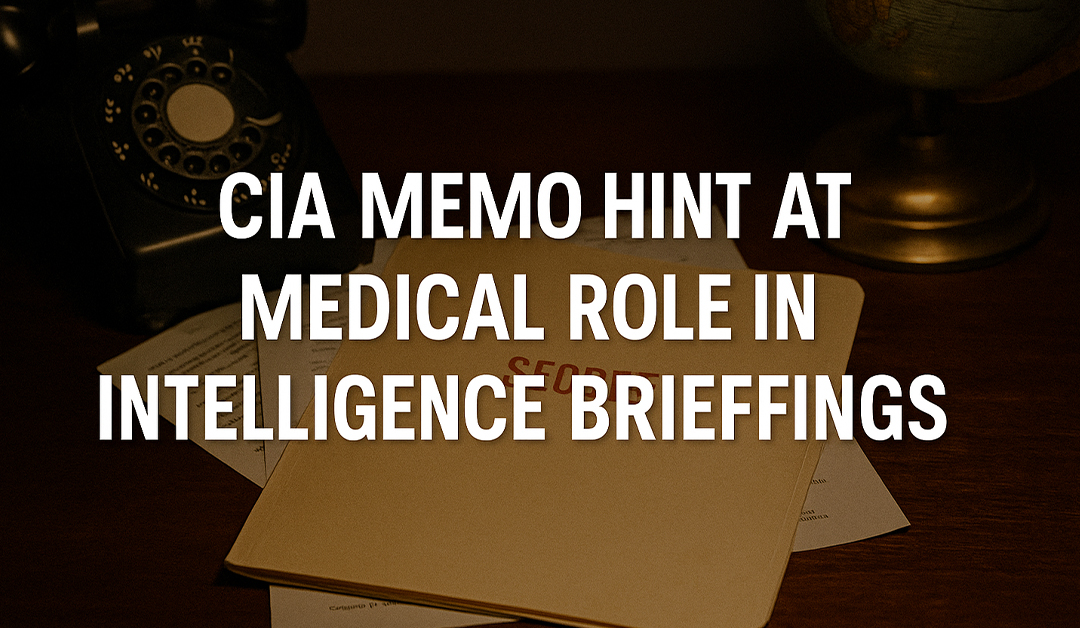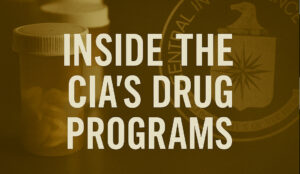A declassified CIA document from early 1954, catalogued as DELETE[12888371], outlines an internal request for the agency to participate in medical-oriented intelligence briefings.
While not focused exclusively on UFOs or foreign threats, the document offers insight into how the CIA viewed the strategic value of medical knowledge within intelligence contexts.
Dated February 11, 1954, the memo discusses coordination between CIA staff and personnel in the medical field, suggesting that emerging technologies, interrogation techniques, and psychological analysis were areas of growing interest.
"The medical officer desires the privilege of participating in the debriefing and feels that the presence of medically oriented information is significant to justify the Agency’s requesting this privilege."
The language indicates that the CIA was actively positioning itself to gather insights from fields traditionally outside standard intelligence operations.
🧠 Medical Input for Strategic Gain
The memo notes that the CIA’s Medical Office recognized that other branches of U.S. intelligence-specifically within the Army, Navy, and Air Force-would likely pursue similar efforts.
There is a suggestion that CIA participation should not only be granted but that formal representation be considered moving forward.
Though vague on specifics, the mention of "medically oriented information" likely refers to knowledge relevant to human performance, behavior, stress testing, or interrogation.
The context implies this information was expected to yield practical applications for operational effectiveness.
A key passage notes that the Agency’s request is supported by the belief that such involvement would contribute to better understanding "processing techniques."
This aligns with known Cold War efforts to optimize interrogation, resistance training, and other psychological disciplines.
🗂️ No Public Program, Just Internal Planning
There’s no reference in the memo to public-facing programs or clinical trials. It is purely an internal administrative discussion, centered on gaining a seat at the table for upcoming briefings.
The Agency’s Medical Office was seeking inclusion and possibly long-term representation in matters involving medically relevant intelligence.
No outcomes or responses are recorded in the document.
There’s no mention of specific individuals or subjects involved.
But the memo makes it clear: CIA leadership viewed medical insight as strategically valuable-and worth inserting into the intelligence cycle where possible.






